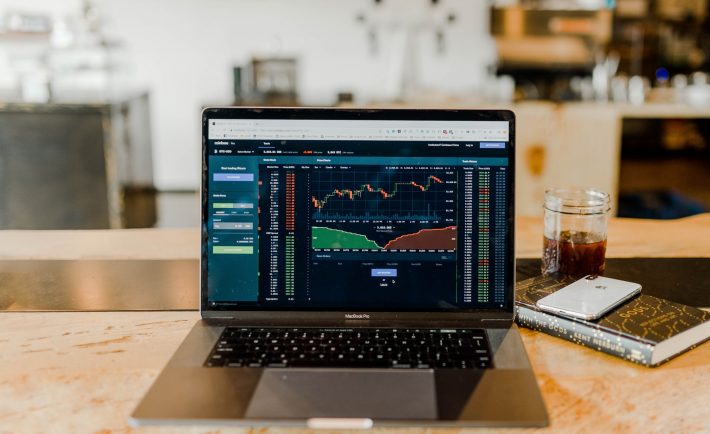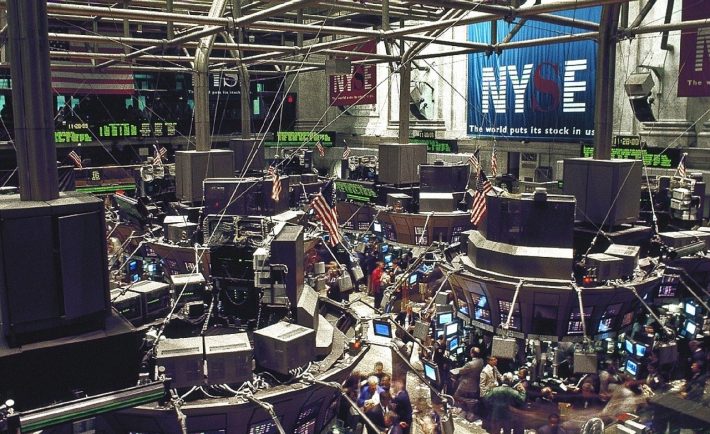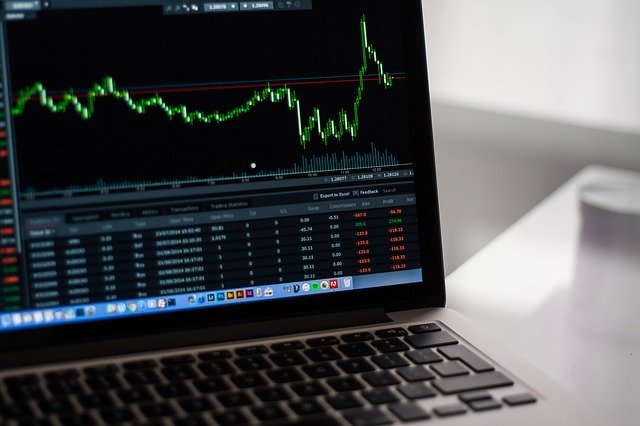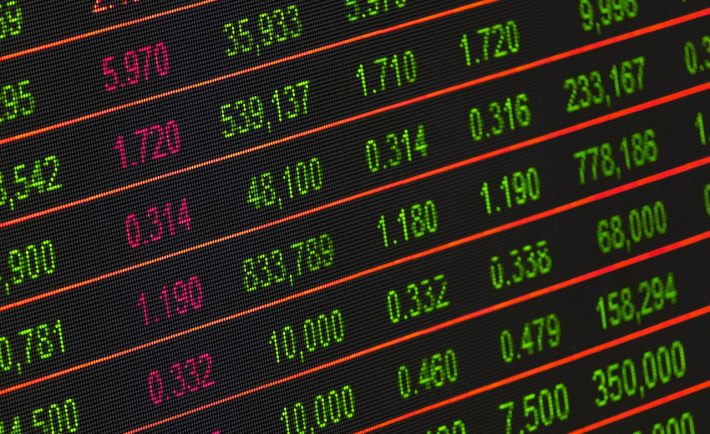There is a scarcity of resources wherever you look. Toilet papers are flying off the shelves like the migratory Great snipe. People are typically seen hoarding cleaning supplies such as disinfectant sprays, antibacterial wipes, hand sanitizers, and so on. It is difficult to source out masks too!
With the scarcity of supplies, travel restrictions, and the limited capacity to work, the global COVID-19 pandemic has affected the economy in more ways than one. Last week, Wall Street plunged with Dow Jones confirming a bear market for the first time since the 2008 financial crisis. The escalating health fears sent the stock market into a nosedive, which is its worst state since the 1987 market crash.
The Dow Jones Industrial Average fell 1,464.63 points, bringing it 20% below its record set last month. This is what Wall Street calls a “bear market”. A bear market is a condition in which securities’ prices go 20% down or more from its recent highs. It is usually due to the widespread pessimism and negative investor sentiment. S&P 500 lost 140.84 points, which is just 1% point away from falling into the bear territory. While, Nasdaq Composite dropped 392.20 points.
Stocks dove even lower after the World Health Organization declared the virus outbreak as a pandemic. Stock prices reflect expectations of future profits and investors heavily perceive that the virus can reduce profits. Thus, a huge number of investors sought for the coordination of governments and central banks around the world to help control the economical threat of this virus. Until the extent of the decline is clearer, the natural reaction of many is to sell stocks.
The economic trajectory that seemed reasonable a few months a go is not going to be the same for a few months or a year. The wave of corporate conference cancellations, music festival cancellations, directives to work from home, and travel bans will exact a cost on businesses. Airlines, industrial companies, small businesses, educational establishments, service industries, and tech companies are all affected. We are all affected because the spending habits of consumers drive much of our economic activity.

Image Credits: unsplash.com
How long will this economic disruptions last and how deep will the economic market go?










